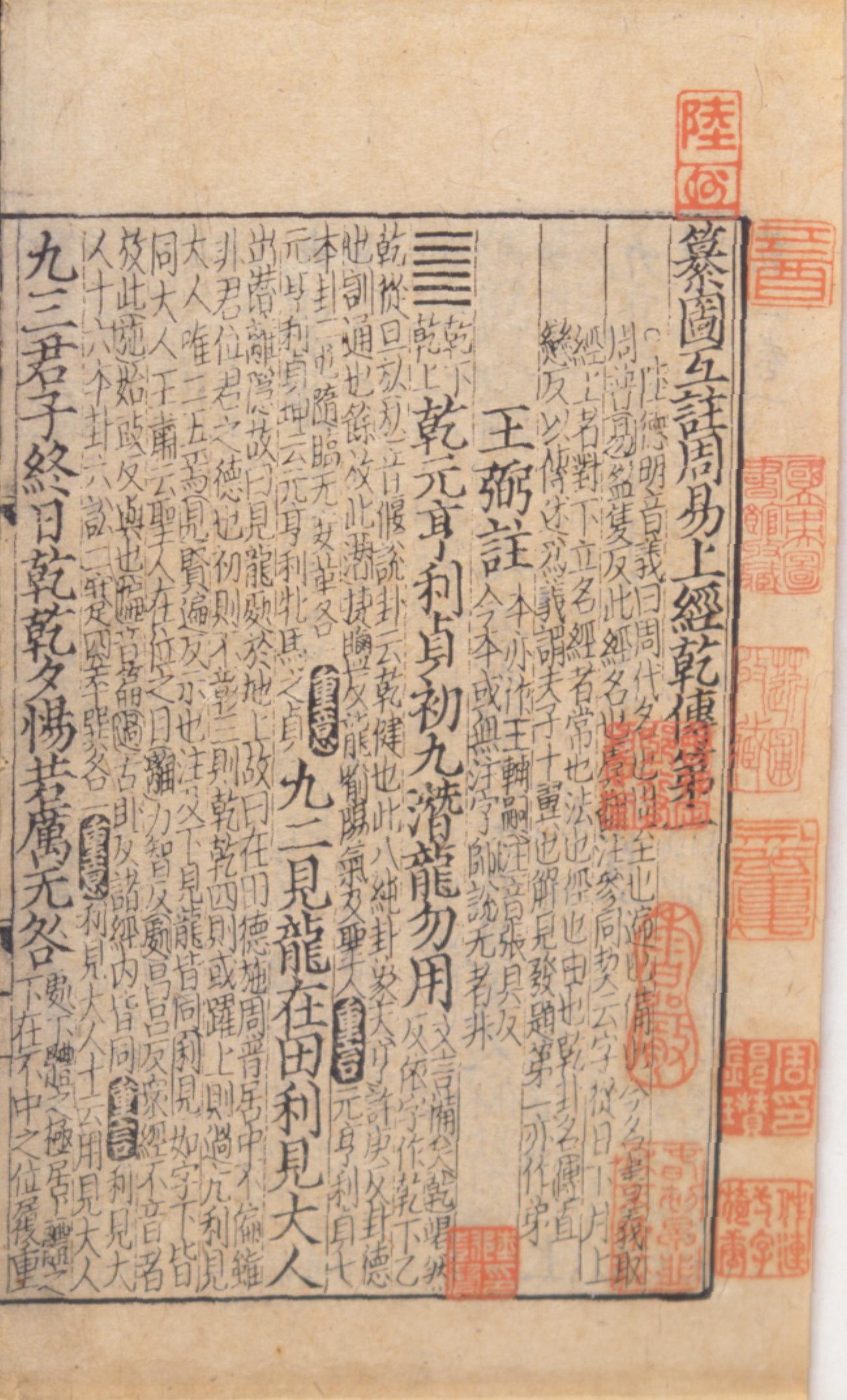Looking for the best I Ching translation? You’ve come to the right place.
Zhou Yi
The Yijing, or I Ching, has evolved over centuries, composed of various writings. At its core is the Zhou Yi, the “Changes of Zhou,” which consists of brief notes for each hexagram, written around 800BC. Over time, this was expanded with commentary on the images and more, most notably by Confucian scholars in what became known as The Ten Wings.
In the late 18th century, a few Western scholars began studying the I Ching (read more), and by the 19th century, the first translations appeared.
James Legge

James Legge(1815-1897) was the first to translate the Yijing into Western languages. At that time, it was known as the Yi King. It was published in 1882, as part of his Sacred Books of the East series.
Legge translated a vast amount of Chinese texts, his version, however, is now quite outdated—not only in its language but also in its interpretation. His focus wasn’t on the deeper philosophical aspects of the I Ching, as he was preoccupied with other works. Nevertheless, this translation remained the primary source of Yijing knowledge in the West until the 1950s.
Richard Willhelm and Cary F. Baynes

By far the most well-known and influential translation of the Yijing, in the West is the I Ching or Book of Changes, translated by Richard Wilhelm into German and rendered into English by Cary F. Baynes.
The first edition is from 1950, with a foreword by Carl G. Jung, it was later expanded upon on the 1967 edition. Definitely one of the best if not the best translated version overall.
Alfred Huang

A more recent translation is The Complete I Ching: The Definitive Translation (2004), by Alfred Huang. Huang, a Taoist master and scholar, offers a different approach to interpreting the Yijing, focusing more on the spiritual and Taoist roots of the text.
It’s surely not the “definitive” one as the name suggests, but nonetheless it is a great edition for someone who is starting out with the book. Unlike older versions, the Chinese names are updated to Pinyin and his commentary on the pictograms and previous translations makes it easy for the reader.
The hexagram names on the Yijing Portal are taken from his translation, the one I personally use the most.
Other notable versions
I Ching – The Book of Change translated by John Blofeld
Zhou Yi – The Book of Changes translated by Richard Rutt
For more information about the translations, I recommend these reviews by Joel Biroco.



